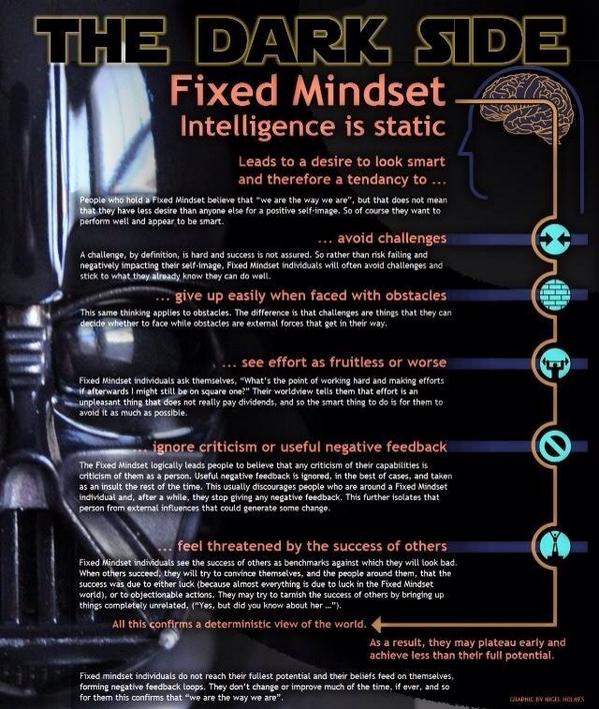Sati: You're so unbelievable! How could you not invite my husband and me to the sacrifice ceremony? Are we not worthy gods! Am I not a worthy daughter!
Daksha: You became worthless when you married Shiva.
Sati: How dare you!
Daksha: You should have been like your sisters who married decent men! Proud men! Instead, you worshiped a god who never deserved your praise. He's trash, Sati, and you're married to it.
Sati: It's incredible how your arrogance poisons your mind, father. I'll have you know that you are the only person that speaks ill of Shiva. Shiva is beloved by all! He is the bravest god and the most benevolent. Can't you see how well he treats me? I'm in love with him, father... Why can't you accept that?
Daksha: He only agreed to marry you because he knew that you were obsessed with him, Sati! He knew that he could take advantage of your devotion. Look at what he has done to our relationship! You claim that my mind is poisoned, but it is your mind, Sati, that has been poisoned by Shiva's words. He is turning you against me!
Sati: No, father, you are doing this to yourself! You have made every attempt to keep Shiva and me apart. You didn't invite him to my swayavara, yet he still became my husband. You are keeping us away from holy traditions, but we will be there!
Daksha: I refuse to allow you and your abomination ruin the ceremony! You cannot and will not attend. That is final, Sati!
Sati wanted to scream at the top of her lungs, but she held her tongue. She let out a deep breath and paced back and forth until her head cleared. There had to be a way to reason with her father. She reminisced to the old days when her father praised Sati for her good behavior. Sati was the good child, the most innocent, and the most beloved by her father. That's why she was named Sati, existence and being of goodness. She looked at her father and spoke softly.
Sati: Father... This isn't about an invitation. This isn't about family differences. This is about you and me. Please just do it for me, Father. He's your son-in-law. He's my husband. Can't you try for me?
Daksha saw how his daughter pleaded for his understanding. Her eyes were becoming misty out of desperation. Daksha looked away.
Daksha: Sati, you were no longer a part of this family when you married the man that disrespected me. What we had before as father and daughter died on your wedding day. Leave my premises immediately. You are nothing and no one. The memory of you will solely be of your betrayal.
Sati began to bawl and stepped away from the stranger that she once called father.
Daksha: I'm ashamed of you, Sati.
Sati's cried out in pain as her heart shattered. She was dishonored and exiled from her family. Her father's words rang in her head over and over again: I'm ashamed of you. I'm ashamed of you. I'm ashamed of you. She felt her chest become hot with a scorching pain, and smoke quickly filled the room. When the smoke cleared, Daksha saw his daughter drop dead at his feet with a burnt hole in her chest. Daksha rushed to his daughter's side and attempted to wake her up, but she was gone. At that moment, Shiva walked in.
Shiva: Sir, there was smoke coming from the room! Is Sati okay?
Author's note: I wrote about Daksha's and Sati's conflict over Shiva. In the original story, Daksha depsises Shiva because Shiva never paid homage to Sati. When Sati was of marrying age, she threw a wedding wreath into the crowd, and Shiva caught the wreath, making Shiva Sati's new husband. Daksha still hated Shiva, and he didn't invite the couple to a horse sacrifice ceremony that praised the gods. Sati confronted her father about his hatred towards Shiva, but Daksha refused to change his opinion. Sati became so enraged that her inner fury burned her alive, resulting in her death. I changed the story a bit with modern dialogue and made the argument more personal. Also, I made Daksha speak harsh words, but he did tell Sati he was ashamed of her in the original story. Shiva was never with Sati or Daksha at the time. I added him for dramatic effect, but he does end up finding out. The aftermath isn't pretty.
Bibliography: Cradle Tales of Hinduism by Sister Nivedita (1907)



